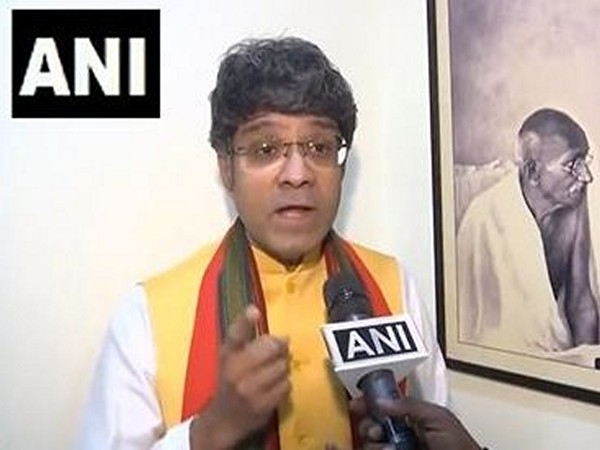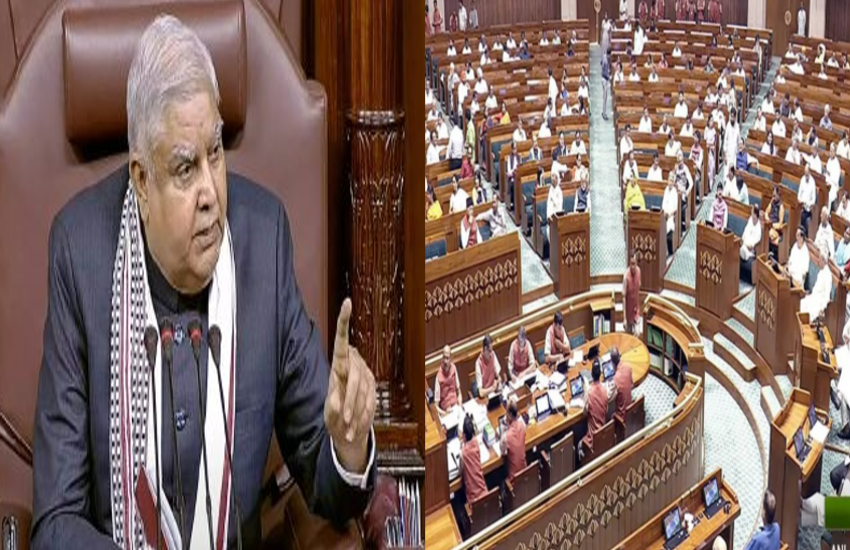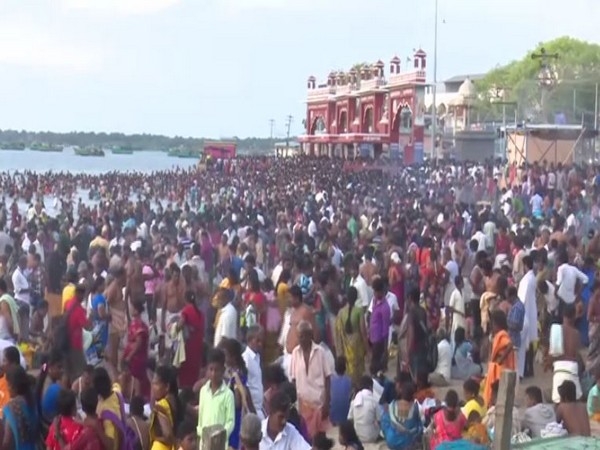Thailand's new Constitution: power in military hands, democracy be damned
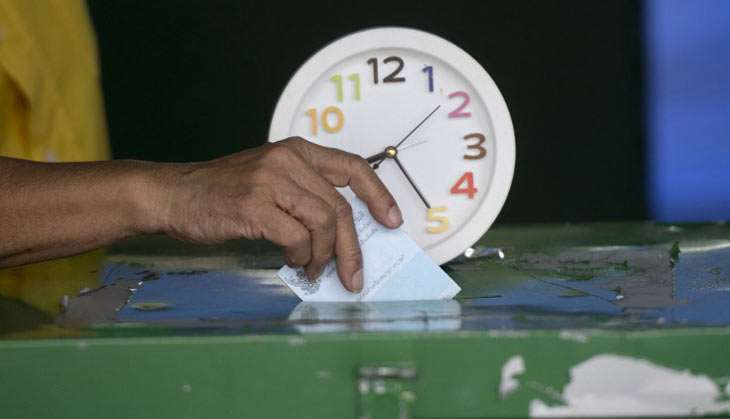
The people of Thailand have voted in favour of a new Constitution, drafted under the guidance of the military. This, hopefully, will pave the way for elections and a return to civilian rule next year.
Almost two years ago, the military took over the government, toppling the democratically-elected government led by Prime Minister Yingluck Shinawatra. The Shinawatra government was tottering from the blows delivered by manipulated judicial decisions on the misuse of power and public protests, organised by royalist parties and the business elite, backed by the military.
The voter turnout in the referendum was not impressive - about 55%. With 94% of the vote counted, early results from the Election Commission showed 61.4% of the country had voted for the charter, while 37.9% rejected it. Final results are due next Wednesday.
Voting was generally peaceful and smooth, unlike the chaos two years ago, when public protests sabotaged an election that the incumbent Puea Thai party was expected to win.
In the southern Pattani province, long troubled by a Muslim insurgency, a school official helping in the referendum was killed in a bomb blast.
Former army chief and Prime Minister of Thailand, Prayut Chan-Ocha, issued a statement saying:"The government will pay heed to the will of the people today, and will do everything possible to address their concerns, while providing a sustainable solution to our country's political problems."
A pill to cure all political ills
The military-guided authors of the Constitution assert that it will prevent corruption and political chicanery. The military junta has sold the draft Constitution as an effective pill to cure several years of divisive politics in Thailand, which has affected economic growth and led to scores of deaths in civil unrest.
But critics, among them major political parties, say it aims to enshrine the military's political role for years to come, and seals the role of the military decisively in governance, in a manner that future coups may not be necessary.
Critics also allege the new Constitution is the culmination of the Thai military's attempt to banish former Prime Minister Thaksin Shinawatra and his populist policies from Thai politics, after the coup that ousted him in 2006.
Though in exile, Thaksin continues to retain strong support, particularly in the rural heartland in the north and north-east. In 2011, his sister Yingluck won the election by a huge margin, before being ousted by the military in 2014. She was also banned from politics for five years in January 2015, after a military-appointed legislature found her guilty of mismanaging a rice subsidy scheme. Thailand is world's largest exporter of rice.
Observers have pointed out that in the run up to the referendum, the military junta issued strict regulations, which held out threats of 10 years in jail to those who 'distorted' the draft Constitution. The military junta also detained many politicians and activists, including students, who tried to campaign against the draft Constitution. In short, it intimidated people who tried to campaign against the draft Constitution. Hence, the naysayers were deterred effectively.
What the people feel about those in power
The people of Thailand love their king and most members of the royal family of the Chakri dynasty that has ruled since 1782.
The Thai military too has a 'special' relationship with the people of Thailand, having ruled the country after periodic military coups (around 20 in number), since King Bhumibol Adulyadej (Rama IX) became the monarch in 1946.
Thai politicians do not enjoy a high standing in eyes of the Thai people. This is not surprising, since most are corrupt and venal, whether in or out of power; and therein lies the rub.
Democracy is associated with these politicians, and therefore, Thai people have a rather jaundiced view of democracy. Many people are weary of the chaos and disruption that Thai politics has brought to the streets of Bangkok. Hence, the monarchy, the business elite and the military have often worked in tandem to undermine democracy in Thailand, in favour of stability and peace.
This pattern of collaboration continues, with the most recent manifestation being the new Constitution.
It runs over 195 pages, gives overwhelming powers to the ruling military junta to handpick almost all of the 250 senators for the next five years. Six seats will be reserved for senior military and security officials.
Under this Constitution, Thailand's 20th since the military abolished an absolute monarchy in 1932, the senate's composition would check the powers of elected lawmakers and give the military a veto over national policies.
Any future PM need not be elected, and any future elected government will have to function as per the 'National Strategy Plan', or face impeachment.
Once promulgated, the draft Constitution will be difficult to amend.
Criticism of the new Constitution
A sizeable section of the Thai population, particularly in the rural northern and north-eastern regions, are dismayed at the result of the referendum, and regard the new Constitution as the final nail in the coffin of democracy. These populous regions have traditionally voted and brought to power the government of the Puea Thai party.
Both the mainstream political parties, Puea Thai and the Democratic Party, have rejected the draft Constitution. Any politician would, given the role of the military as the guardian in the new Constitution. Thaksin called the charter a "folly", saying it would perpetuate the junta's power and make it impossible to govern Thailand.
A spokesman for a Bangkok-based NGO said:"By using intimidation and arrests, the junta has tried to clear the field for its 'yes' vote propaganda in a way that recalls the way that Burma's military dictators jammed their rights, abusing the 2008 Constitution."
There is little doubt that the Thai military is wary of the transition that will inevitably occur when the ailing King dies and is succeeded by his son, the Crown Prince Vajiralongkorn.
The latter's reputation does not kindle much hope for the stability and reputation of the monarchy.
The Thai military wants to keep its hands on the rudder as Thailand awaits this transition. The new Constitution will ensure that the military will have the power to determine or thwart policies that it decides would be good for the country.
Thailand is, for the near future, destined to remain under the control of its military.
Edited by Shreyas Sharma
More in Catch
Thai PM calls on PM Modi, delegation-level talks begin
Around 200 refugees to return to Myanmar from Thailand
UFO or space debris? Thailand man uses selfie stick to record flashing lights in the sky
First published: 9 August 2016, 9:41 IST
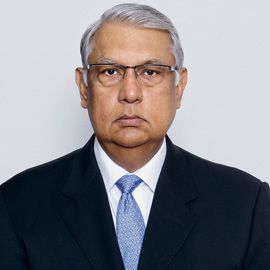
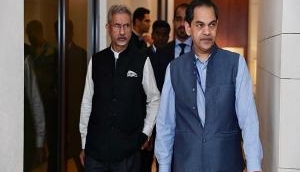




![BJP's Kapil Mishra recreates Shankar Mahadevan’s ‘Breathless’ song to highlight Delhi pollution [WATCH] BJP's Kapil Mishra recreates Shankar Mahadevan’s ‘Breathless’ song to highlight Delhi pollution [WATCH]](https://images.catchnews.com/upload/2022/11/03/kapil-mishra_240884_300x172.png)

![Anupam Kher shares pictures of his toned body on 67th birthday [MUST SEE] Anupam Kher shares pictures of his toned body on 67th birthday [MUST SEE]](https://images.catchnews.com/upload/2022/03/07/Anupam_kher_231145_300x172.jpg)


